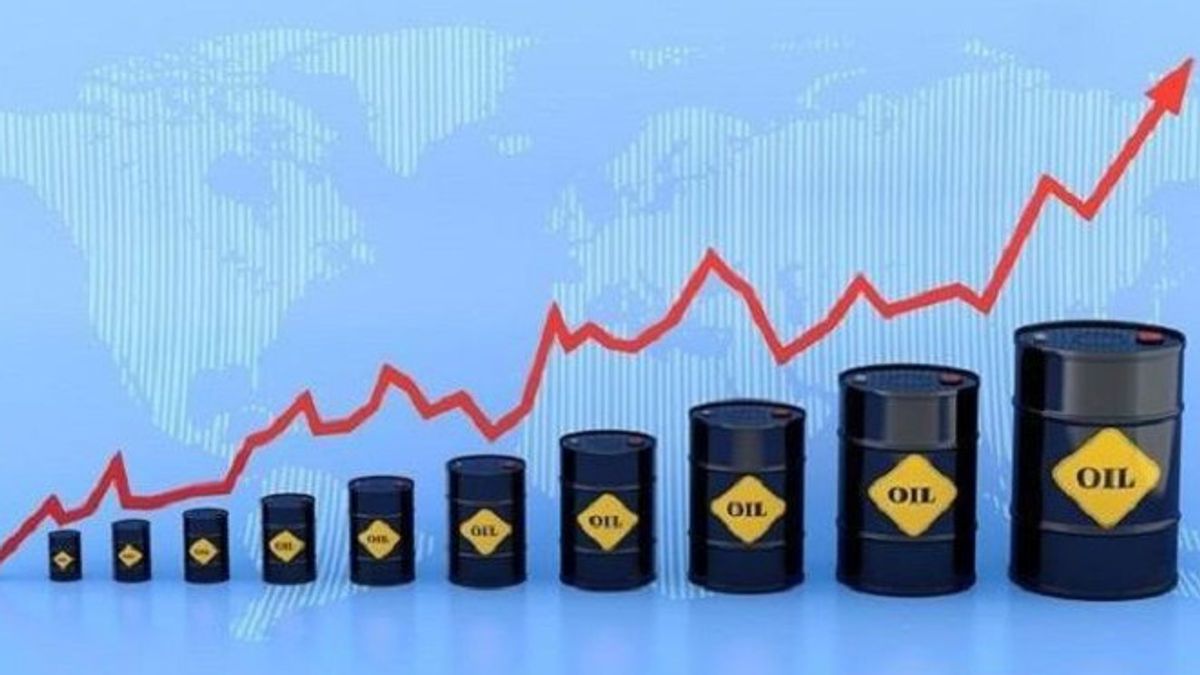JAKARTA - Oil prices edged up in early Asian trading Monday morning, after falling about 8.0 percent last week to lows in more than three weeks as jitters over major economies outweighed signs of recovering demand in China, the world's top oil importer.
As reported by Antara, Monday, February 6, Brent crude oil futures crept up 16 cents, or 0.2 percent, to trade at USD 80.10 per barrel at 0022 GMT.
Meanwhile, US West Texas Intermediate (WTI) crude futures were up 15 cents, or 0.2 percent, to trade at $73.54 a barrel.
Last Friday, February 3, WTI and Brent fell 3.0 percent after strong US jobs data raised fears that the Federal Reserve will continue to raise interest rates, which in turn pushed the US dollar stronger.
While recession fears dominated markets last week, on Sunday 5 February, International Energy Agency (IEA) Executive Director Fatih Birol highlighted that China's recovery remains the main driver of oil prices.
The IEA predicts half of this year's growth in global oil demand will come from China, where Birol says demand for jet fuel is soaring.
He said depending on how strong the recovery is, the Organization of the Petroleum Exporting Countries (OPEC) and its allies, together called OPEC+, may have to reassess their decision to cut production by 2 million bpd through 2023.
"If demand picks up very strongly, if China's economy recovers, then I think there will be a need for OPEC+ countries to look at their (production) policies," Birol told Reuters on the sidelines of a conference in India.
VOIR éGALEMENT:
The price limit for Russian products came into effect on Sunday, February 5, with the Group of Seven (G7), the European Union and Australia agreeing on a cap of USD 100 per barrel for diesel oil and other products traded at a premium, and USD 45 per barrel for products that traded at a discount, such as fuel oil.
"For now, the market expects non-EU countries to increase their imports of Russian crude, creating a slight disruption to overall supply," ANZ analysts said in a client note.
"Nevertheless, OPEC's continued constraint on supply will keep the market tight," they said.
The English, Chinese, Japanese, Arabic, and French versions are automatically generated by the AI. So there may still be inaccuracies in translating, please always see Indonesian as our main language. (system supported by DigitalSiber.id)











